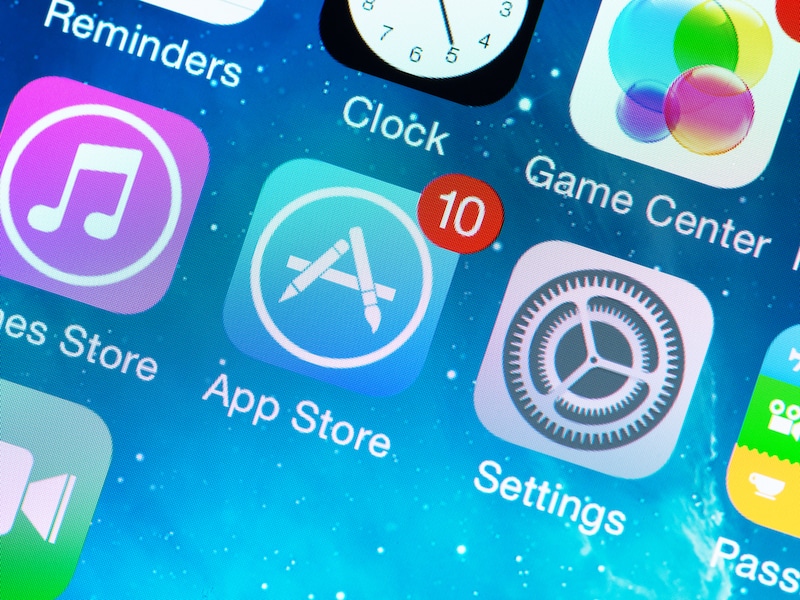Of the 4.5 million people identified as IoT developers in 2015, 1.4 million were focused on smart home apps a recent report by VisionMobile says. The report identifies seven distinct IoT app development themes; smart home, retail, industrial, wearables, smart city, medical and the connected car. It shows the smart home as the most popular with developers.
The average person is becoming more used to the concept of IoT. New research by Gartner suggests that there could be as many as 700 million smart homes by 2020. However, even though an increasing number of app developers have chosen the smart home route, these apps remain at the bottom of the IoT maturity scale.

VisionMobile’s research reveals that the majority of developers working with smart home apps are hobbyists; either tech professionals playing in their free time or amateurs developers learning at home. In fact, as much as 70% of the total 4.5 million app developers would be considered hobbyists, while under 5% would be considered seasoned IoT professionals with regard to smart home app development.
As much as these statistics are encouraging for the long-term evolution of the smart home interface, other research uncovers a dimmer picture of the current user experience. A study by Argus Insights incorporating more than 50,000 smart home devices, over a six-month period claimed that the usefulness of connected devices were often overshadowed by frustration with the associated app.
The general publics perception of the smart home experience, albeit influenced by the sectors leading brands, heavily leans towards “how useful a device is”. According to Argus, consumers are becoming more aware of the potential for connected devices in the home but actual functionality is having a bigger affect on consumer reaction and further uptake, with apps playing a key role.
“While consumers are initially satisfied with the performance of their hardware, there is an ominous gap between hardware and software performance”, the report reads. “The larger the gap between delight for devices and the apps that control them, the larger the potential for a drop in experience after the device is installed and working”.
Big differences in consumer perception between devices and apps represent a considerable problem for smart home firms. Nest, for example, has one of the top-rated thermostats, but consumers rated their app as average. While Phillips Hue showed great results for their smart light bulbs, but also consistent user frustration, largely due to disappointment with their app.
Lighting giant Philips has seemingly done little in the past 12 months to improve their smart user experience, so perhaps it is no surprise that demand for home smart lighting has dropped by over 25% over the past year and seen significant divestment.
However, Commercial Lighting is not suffering from the same growing pains and as we covered extensively in a recent report, (Smart Buildings: The Lighting Controls Business) the control of commercial lighting is experience huge technological changes.
[contact-form-7 id="3204" title="memoori-newsletter"]
We have seen a huge increase in the number of smart home brands that provide IoT ready devices, giving developers a variety of paths to go into. Smart home apps can be categorised as companion, scenario or rule, and artificial intelligence will play an increasing role, VisionMobile’s report explains. Smart home “conversation” apps, such as Apple’s Siri, Microsoft’s Cortana and Amazon Echo, will provide developers with greater challenges. Greater learning and automation will mean more non-human rule makers and change the concept of the app.
“Platforms and not products will be the deciding factor and app developers will still be responsible for making sure that functionality is the prime reason for investment”, said the report. Smart home app developers have a challenging yet rewarding journey ahead, especially as leading brands look to increase the value of connected devices in the home and push smart home hubs as a solution.
This month a new smart home hub called Sense launched on Kickstarter by Silk Labs, a start-up born out of the team that created the Firefox browser. The idea behind Sense is a smart home platform that allows anyone to make apps for it and that can speak with a variety of home products, connecting to them all in intelligent ways.
Sense doesn't appear to be part of any open or proprietary home standard; it just uses Wi-Fi and Bluetooth to connect to products that are willing. While that initially may sound limiting, Sense appears to be an at-home version of IFTTT, letting you string together multiple products that wouldn't otherwise be connected. Silk Labs says that it can connect with Philips Hue and Lifx lights, as well as the Nest thermostat and Sonos' sound system. While this may represent a slightly new direction on home connectivity the jury is still out on the functionality of its associated apps.
As the IoT and smart home ecosystem develops, it is essential that app developers keep up with the opportunities being created. Greater emphasis needs to be put on app development, be that through internal investment by leading players or acquisition of innovative start-ups, for without the functionality the smart home will lose its momentum.



